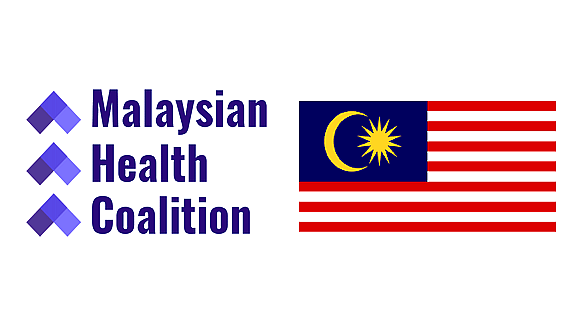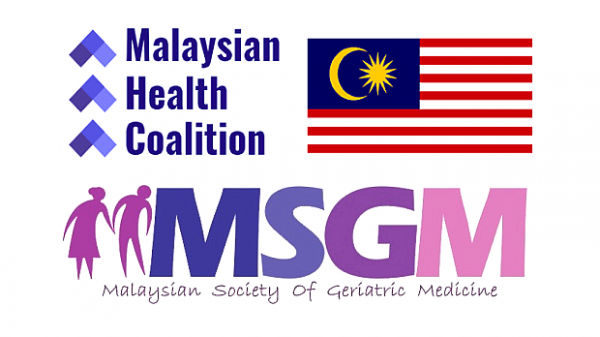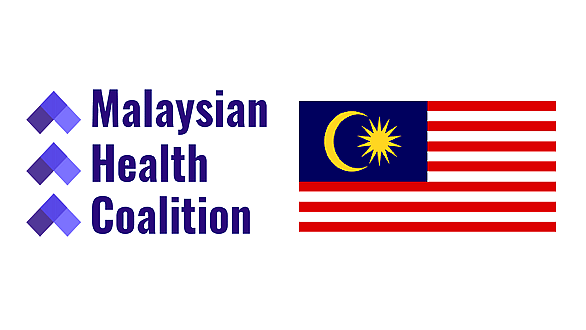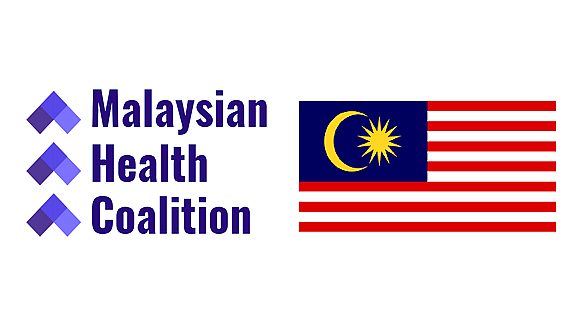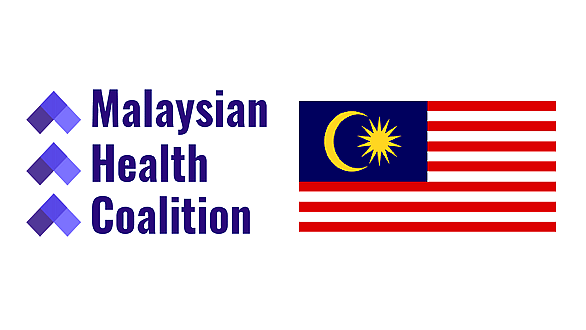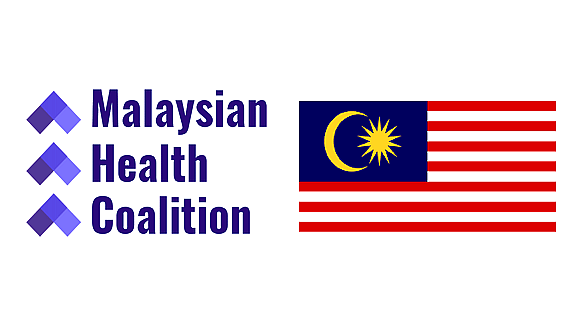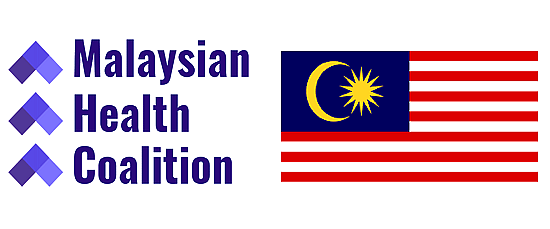
The Malaysian Health Coalition supports the Ministry of Health’s proposed Tobacco and Smoking Control Bill, which contains provisions to prohibit the sale of tobacco and vape products for those born in 2005 and later.
This move, touted as the ‘Generational End Game’ (GEG), will hopefully prevent the use of tobacco and vape products for those born after 2005.
We suggest the following:
1. Manage public opinion carefully
The Ministry of Health (MOH) must convey appropriate information regarding this bill to the Rakyat.
Besides properly communicating the public health benefits, the MOH must also address concerns to set the record straight and to avoid misunderstandings.
For example, concerns have been raised regarding the GEG’s impact on retailers.
This can be easily rebutted by the fact that the bill does not ban the sales of tobacco and vape products immediately.
In fact, this move is said to be beneficial to low-income earners.
The MOH must carefully manage public opinion and actively engage relevant parties such as non-governmental organisations to empower the public to choose communal health over individual temporary pleasure.
2. Enforce and coordinate effectively
After the smoking ban at all food and beverage outlets in 2020 was enacted, there was a period when people obeyed the ban.
However, smokers were present in large numbers in the immediate aftermath of the Movement Control Order.
Strict enforcement must be consistent in order for the bill to be successful.
The government must clearly lay out the enforcement steps and communicate properly so that the public is aware of it.
Proper enforcement will also address the allegation that the GEG will increase trade in illicit cigarettes.
This can be done via inter-ministerial co-operation e.g. the MOH should work together with the Customs Department under the Ministry of Finance and Ministry of Domestic Trade and Consumer Affairs to coordinate efforts in combating the trade of illegal tobacco products.
3. Make tough decisions for the future generations
The 2019 National Health and Morbidity Survey provided us with data on the smoking behaviour in teenagers, whereby 11.6% were cigarette smokers, 7.5% were e-cigarette users, and overall, 15.6% of all teenagers aged 15-19 were using a tobacco product.
This is alarming because we know the harmful implications tobacco products have on the health of our population.
If enacted, the bill will protect those born after 2005 from the harm of tobacco and smoking products.
The government must demonstrate the same strong political will demonstrated through COVID-19 restrictions when weighing personal liberties and public health to ensure long term health benefits to the Rakyat.
It is no doubt a challenging proposal to make, but we must do it for the sake of our children.
The MHC calls upon all members of Parliament to support the Tobacco and Smoking Control Bill and the Rakyat to support the government in implementing this historical move to protect future generations.
ADVERTISEMENT
ADVERTISEMENT






